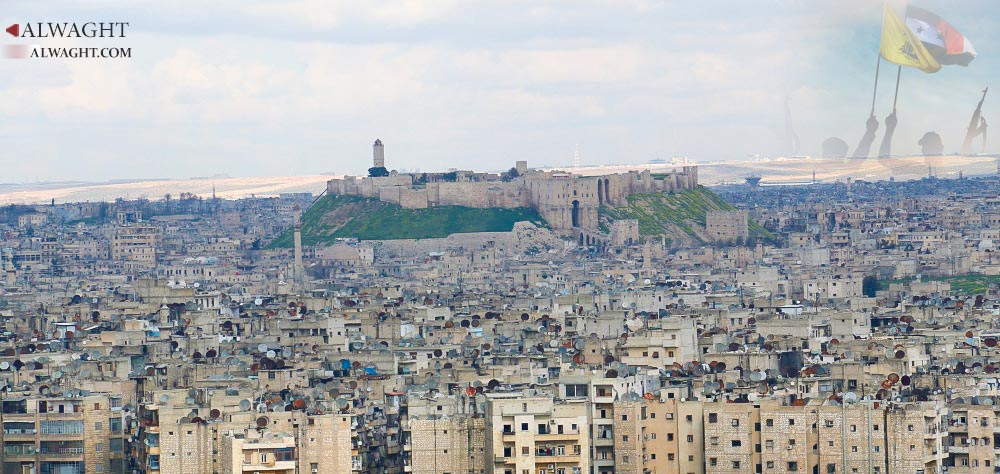Alwaght- As days go by, the results of breaking the siege of Nubl and Al-Zahraa become more evident than before. The most important achievement of this success was to besiege the terrorist groups within and around Aleppo. As everybody is waiting to see what is going to happen in Aleppo one of the largest cities in Syria, important developments are about to happen in the neighboring governorate of Idlib following an end to the blockade of these two loyal towns.
Idlib governorate situated in southwest of Aleppo governorate was seized by Jaish al-Fatah coalition in the spring 2015. The coalition was formed by direct supervision of Saudi Arabia and Turkey in mid-2015 with the participation of several armed groups from the governorates of Aleppo, Latakia and Idlib led by Jabhat al-Nusra (al-Nusra Front), the Syrian wing of al-Qaeda, and soon succeeded to wrest control of most areas of Idlib governorate.
Since the direct entry of Russia into the Syrian war, due to proximity of Idlib governorate to Latakia, where Russian warplanes and military personnel are deployed, the liberation of Idlib received a high priority. Now that Resistance Forces have managed to break the siege of Nubl and Al-Zahraa, the most important route for fuel transportation to Idlib is cut off. This less known route begins from ISIS-controlled regions in northwest of Aleppo and goes to areas in Idlib and Aleppo which are under control of Jaish al-Fatah. In July 2015, Jaish al-Fatah and ISIS reached an agreement based on which this road was open for both of them so that ISIS can sell oil to Jaish al-Fatah in return for food and other supplies.
Sources close to the Syrian opposition reported that if oil transfer to Idlib governorate is cut off, the Syrian army would reach one of its important and long-sought goals in northern Syria. Syria Direct website, which is attributed to Syrian opposition noting that the Syrian regime forces cut the vital supply routes, cited opposition journalists that “fuel crisis would lead to a military and human disaster in northwestern Idlib.”
According to the report, as the fuel supply from ISIS-controlled areas to armed groups is cut off, electricity powered appliances, bakeries, transportation and other basic needs will face serious challenges. A challenge which prevailed before the agreement between Jaish al-Fatah and ISIS about the exchange of food for oil, as this had given rise to public protests.
As this route is cut off, the only fuel supply path to Jaish al-Fatah in Aleppo governorate would be Bab al-Hawa border crossing at the border with Turkey. If the Syrian government forces continue their advances and manage to wrest control of Bab al-Hawa border crossing, Idlib governorate would also be completely surrounded by government forces.
Operations of Resistance Forces aimed at retaking Bab al-Hawa border crossing have begun about three weeks ago from the western governorate of Aleppo. If government forces succeed to cut off the northwestern outskirt of Aleppo from the northwestern suburb of Idlib governorate, there would be heavy consequences, including a power outage due to failure of gas-powered generators.
At the same time, government forces and their allies are trying to reach the border crossing from the eastern areas, namely from Latakia. Through this operation, the Resistance Forces make attempts to separate Idlib from rebel-held areas in Jabal al-Akrad in Latakia governorate.



























